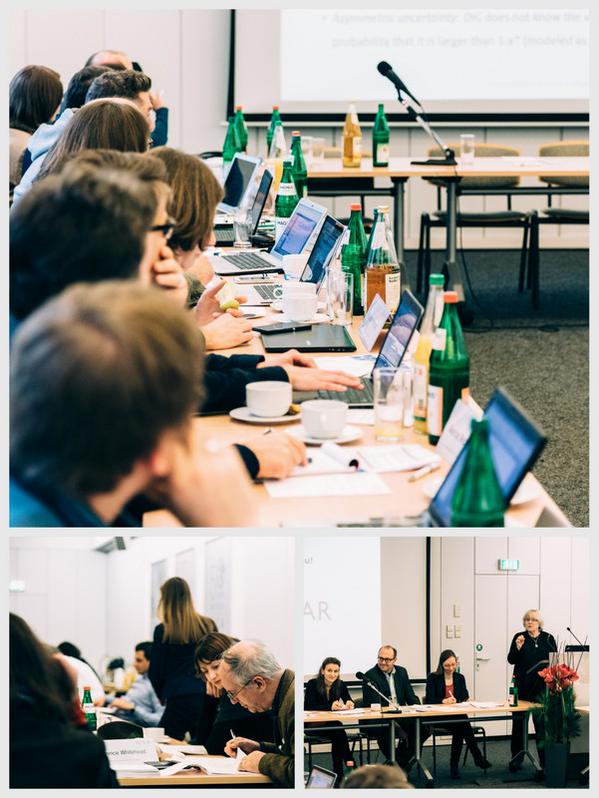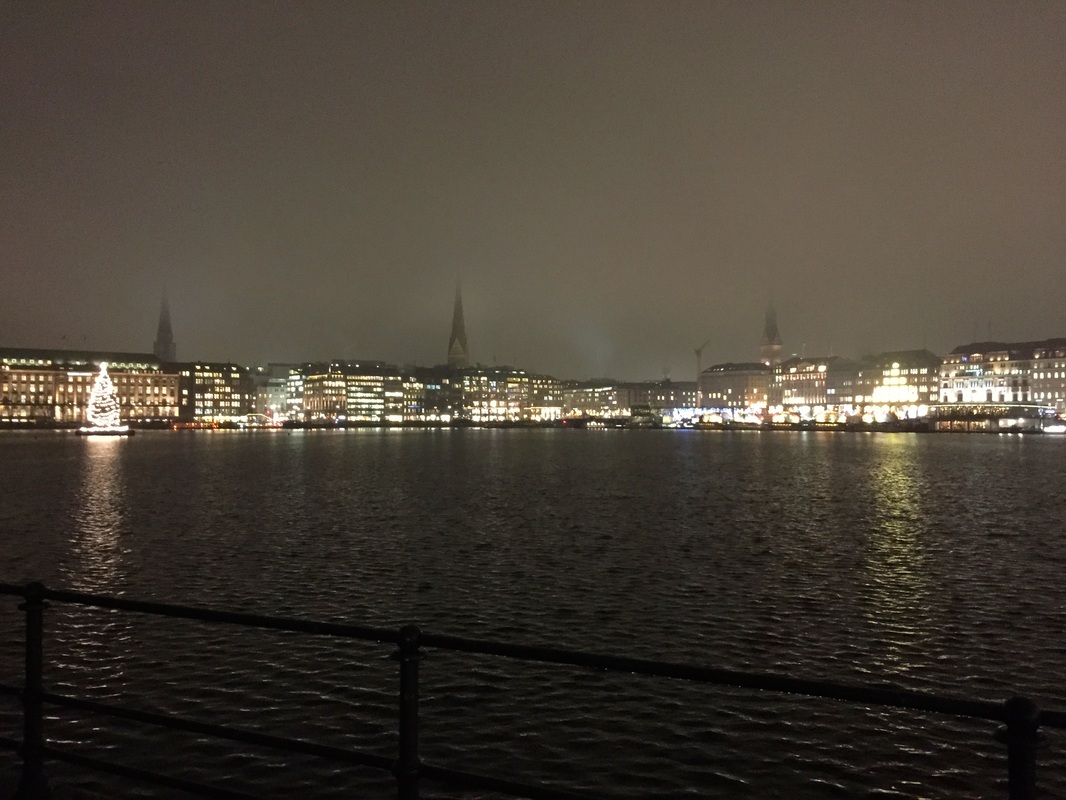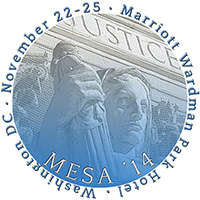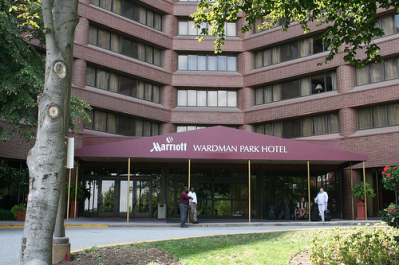Although the first conference (as Christoph Stefes rightly pointed out during the conference) was dominated by comparativists from political science field the network aims to bring together scholars from International Relations, Area Studies and Comparative Politics to discuss a common research agenda.
The list of the participating scholars was impressive and the paper presentations and discussions were very interesting and inspiring. Especially because the international dimension of authoritarian rule has thus far received little attention by the scholarly community. For me as a PhD student working on authoritarian learning during the Arab Uprisings the IDCAR network provides a unique opportunity to discuss current research projects related to the topic and meet distinguished scholars working on similar issues. I am happy to participate in the network for the WZB (Social Science Center Berlin) with my supervisor and looking forward to future workshops and conferences.






 RSS Feed
RSS Feed
